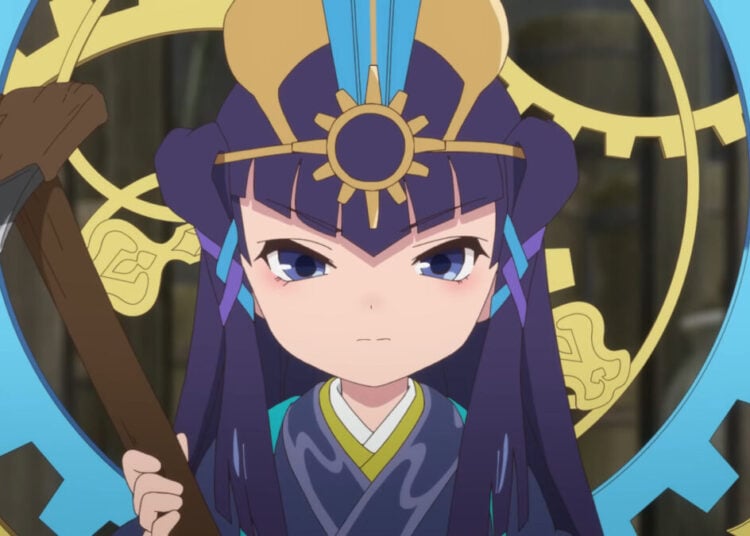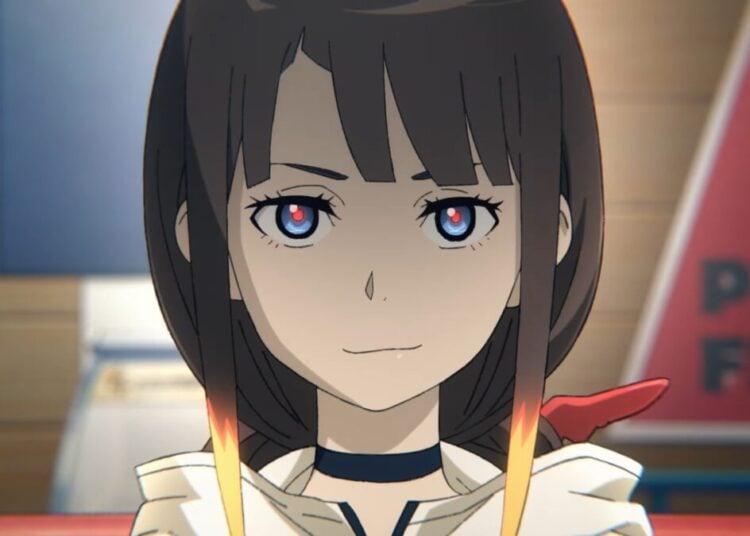In quite the turn of events, Nintendo’s stock has dropped considerably after the confirmation that the newest title in the series, Animal Crossing: New Horizons, would be delayed until March 20th, 2020.
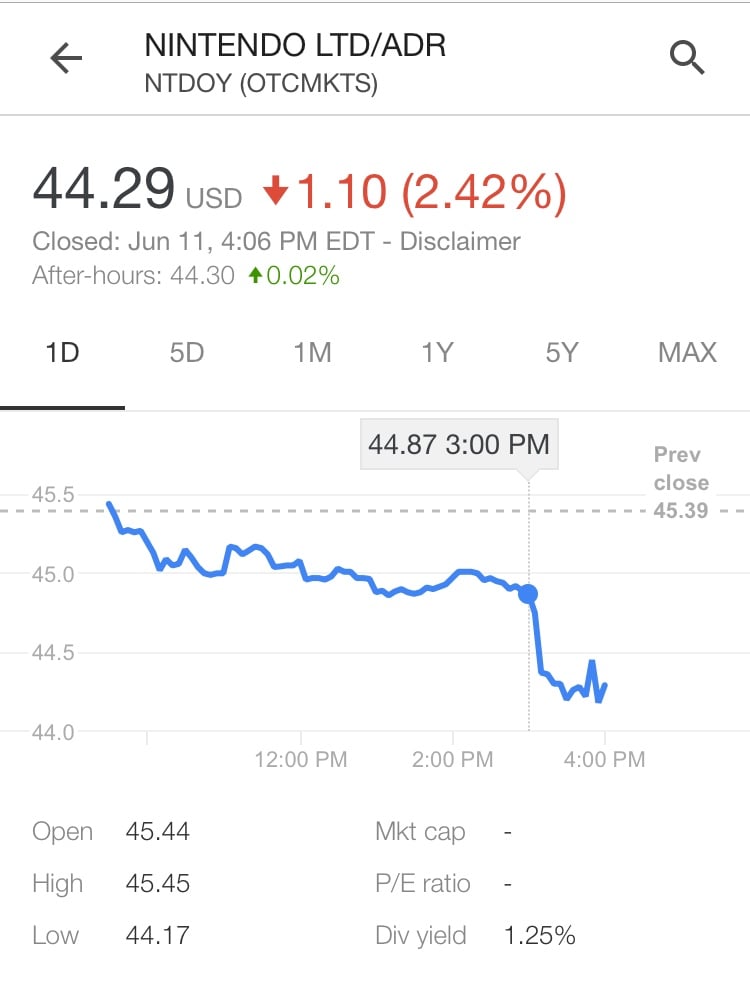
While fans are obviously disappointed in the delay, and some (like myself) are certainly willing to wait out the 8-9 month period for the game to gestate properly and give birth to a new adventure on the Nintendo Switch, investors are obviously not on the same page. (Maybe they’re hardcore Animal Crossing fans too?)
Despite not having a mainline title for the last seven years; the last being Animal Crossing: New Leaf which was released in 2012, the games continue to be one of Nintendo’s best selling titles with New Leaf selling almost 12 million units just last year alone and is considered one of the best selling games in the franchise.
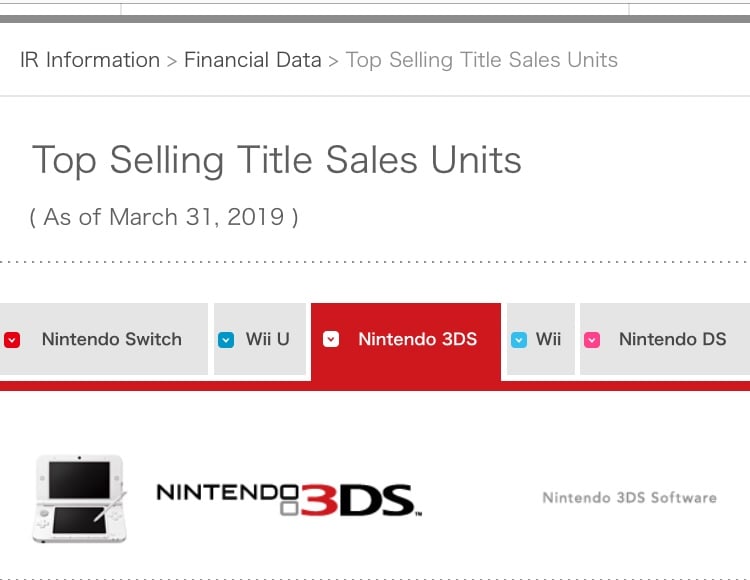
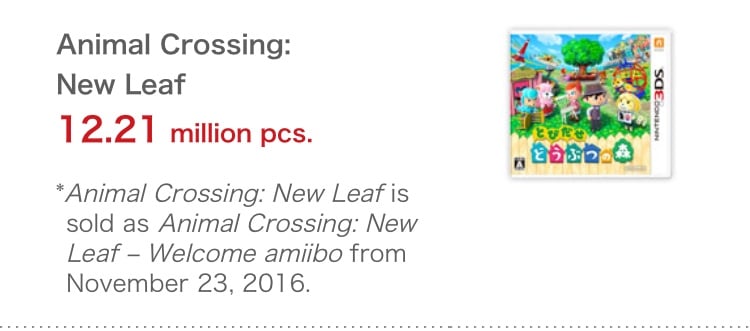
However, this drop in market value is no small matter for Nintendo or its investors. The newest title in the series was originally assumed to be part of Nintendo’s holiday lineup, and the resulting delay has investors both concerned and yet assured that Nintendo will bounce back quickly.
Luckily, part of the reason for the delay is a wholesome one. According to an interview with Nintendo of America’s newest President Doug Bowser as reported by IGN, it has everything to do with the industry concept of “crunch”:
“The crunch point is an interesting one,” Nintendo of America’s president Doug Bowser told me at E3. “For us, one of our key tenets is that we bring smiles to people’s faces, and we talk about that all the time. It’s our vision. Or our mission, I should say. For us, that applies to our own employees. We need to make sure that our employees have good work-life balance.”
“One of those examples is, we will not bring a game to market before it’s ready. We just talked about one example [in Animal Crossing’s delay]. It’s really important that we have that balance in our world. It’s actually something we’re proud of.”
Crunch time has long been considered an industry standard, forcing video game developers and their employees to push themselves to their limits physically, mentally, and emotionally to ensure games are sent out on a timetable that’s usually more suited to lining company’s pockets than the quality of the game that’s being produced or the health and well-being of the people producing it.
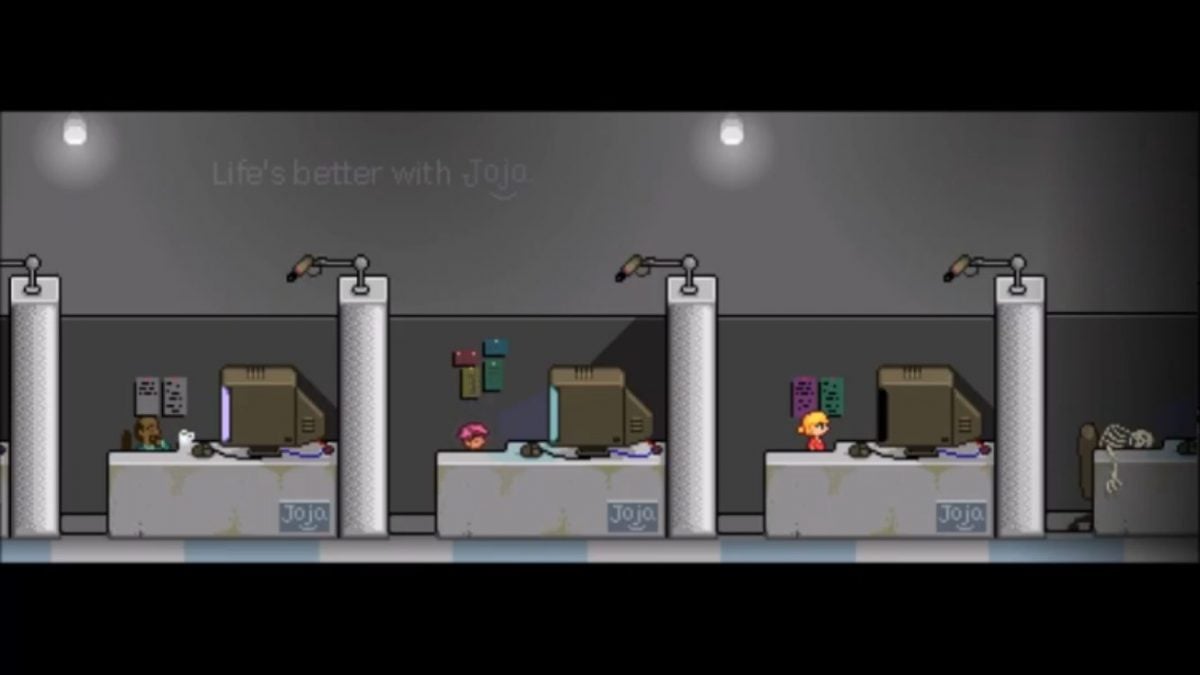
The recent pushback against crunch time in development not only benefits the people who make the games we love but also the people who love games.
And yes, there are those who would argue that “crunch time” is a necessary evil or that games being delayed, even for necessary reasons, is somehow a personal affront to them or the money they spend on the industry. To those people: maybe gaming isn’t for you if you’re willing to put the health and well-being of other people before your own personal ability to play a video game.
To everyone else, I quote the words of Shigeru Miyamoto: “A delayed game is eventually good, but a rushed game is forever bad.”


